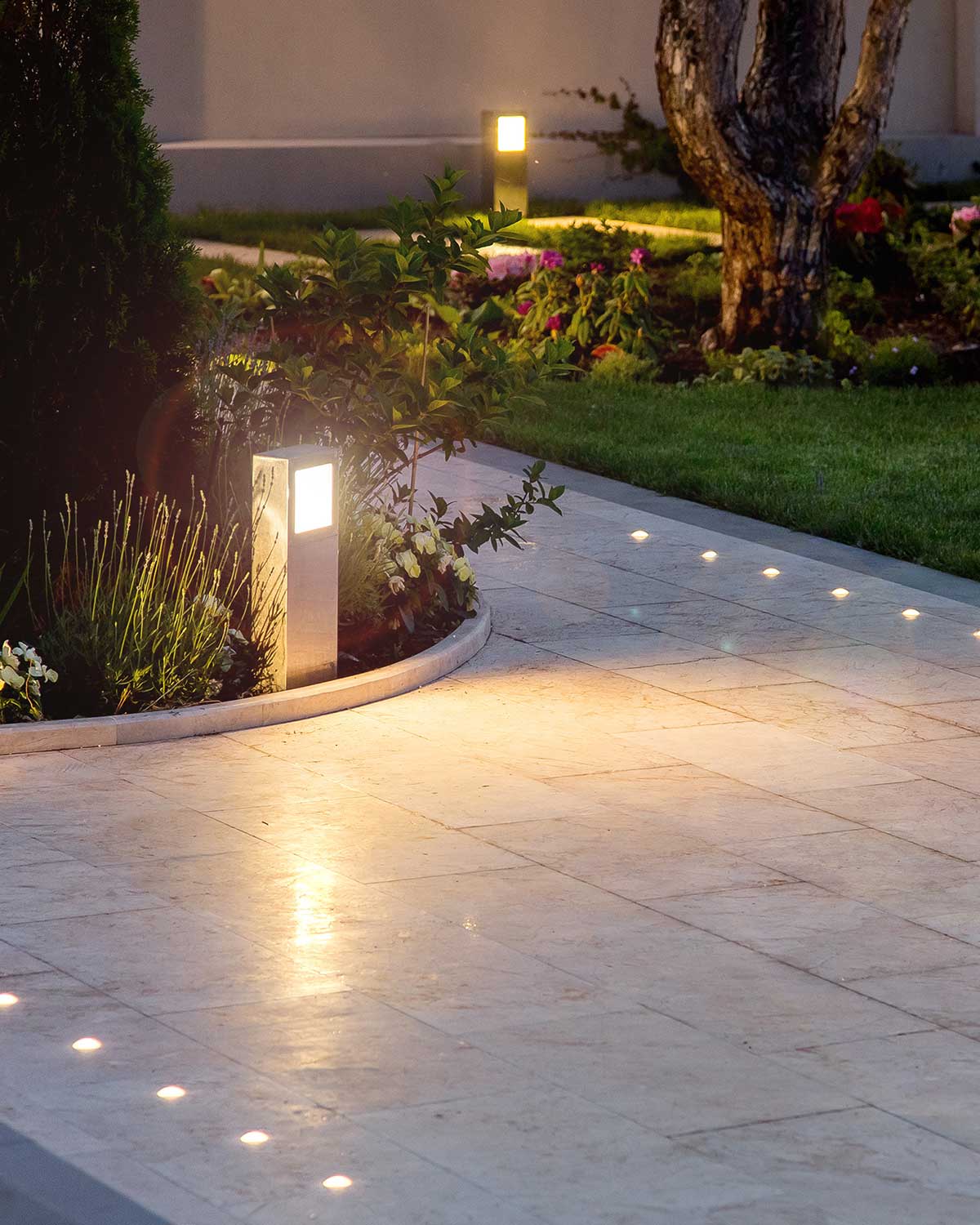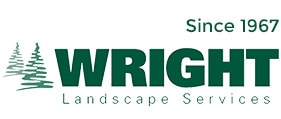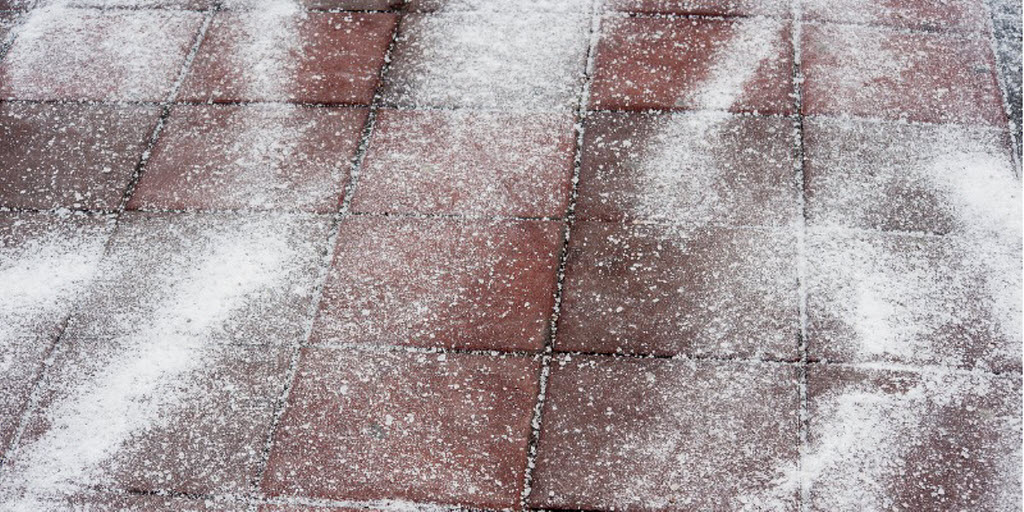Although it’s October, winter will be here before you know it.
According to the Old Farmer’s Almanac:
• The coldest periods (will be) in mid-November, early and late December, early January, and early and mid-February. Precipitation and snowfall will be above normal with the snowiest periods in late November, mid- and late December, and early to mid-March.
With a forecast like that, you can expect Wright Landscape Services to use higher-than-normal amounts of rock salt for snow and ice management.
But that doesn’t mean we’ll just spread it carelessly. Instead, we take great care to ensure it’s properly targeted and applied.
Here’s how.
We know how rock salt works and its impact on your property
Most residential and commercial property owners are familiar with sodium chloride (aka rock salt). It’s the ice melting product you can find at your local hardware store.
However, when people go to use it, there are two mistakes they make:
- Thinking about the short-term benefit, which is melting away snow and ice.
- Forgetting about the long term impact on various landscape surfaces.
It’s not until the spring thaw when they realize the damage incorrectly using road salt can inflict throughout their landscape design.
For example:
- Natural stone and interlock pavers: Road/rock salt must be corrosive in order to be effective. But that abrasiveness can stain, or even eat away at walkways or front entrances.
- Metal: Got metal patio furniture? We’ll be careful to keep rock salt away from it (especially if it’s unpainted). Otherwise, they’ll corrode and rust.
- Plants, flowers, and trees: Rock salt and plant life don’t mix. Salt that gets absorbed into topsoil will end up starving and damaging the roots underneath.
When we show up to provide snow clearing services, we’ll make sure to assess your property before applying ice melt.
We only use the appropriate amount
As mentioned above, while salt is tough against snow and ice, it’s also hazardous to a variety of landscape surfaces.
The easiest way to ensure that doesn’t happen? Don’t use more than necessary. Otherwise:
- Extra salt won’t reach the surface. Instead, it’ll run-off and end up on your gardens and planting.
- Once the salt has done its job, any remaining material will just atop your driveway or walkway and begin to break them down.
We use effective, eco-friendly products
Whenever possible, we aim to use environmentally friendly products which are just as effective as traditional rock salt.
For example, treated sand – a combination of sand and calcium chloride – is excellent for de-icing a variety of surfaces.
And we also use eco-friendly ice melters which won’t seep into or contaminate groundwater or soil.
We are a “Smart about Salt” contractor
Wright Landscape Services is “Smart about Salt” (SAS) certified.
Here’s what that means for you:
- Reduction in the amount of salt used to clear your property.
- Improved safety for you and your family.
- Established procedures when it comes to salt application and policies. You’ll always know what we’re doing and why we’re doing it.
In fact, as an SAS certified business, we are mandated to report our annual salt usage to an elected Board of Directors.
This winter, have us take care of all your ice melt needs
From selecting the proper salt products for your property to timely service and correct application, we’ll keep your property free and clear of thick ice and heavy snow.
That way, you can focus on what’s important: Getting on with your day.
Contact us for more information or for a FREE estimate on ice and snow management from Wright Landscape Services.

Need inspiration?
When you start to think about designing the perfect yard, deck, patio or backyard oasis, it can be helpful to have some solid ideas of what you want to achieve. We can help with that.

